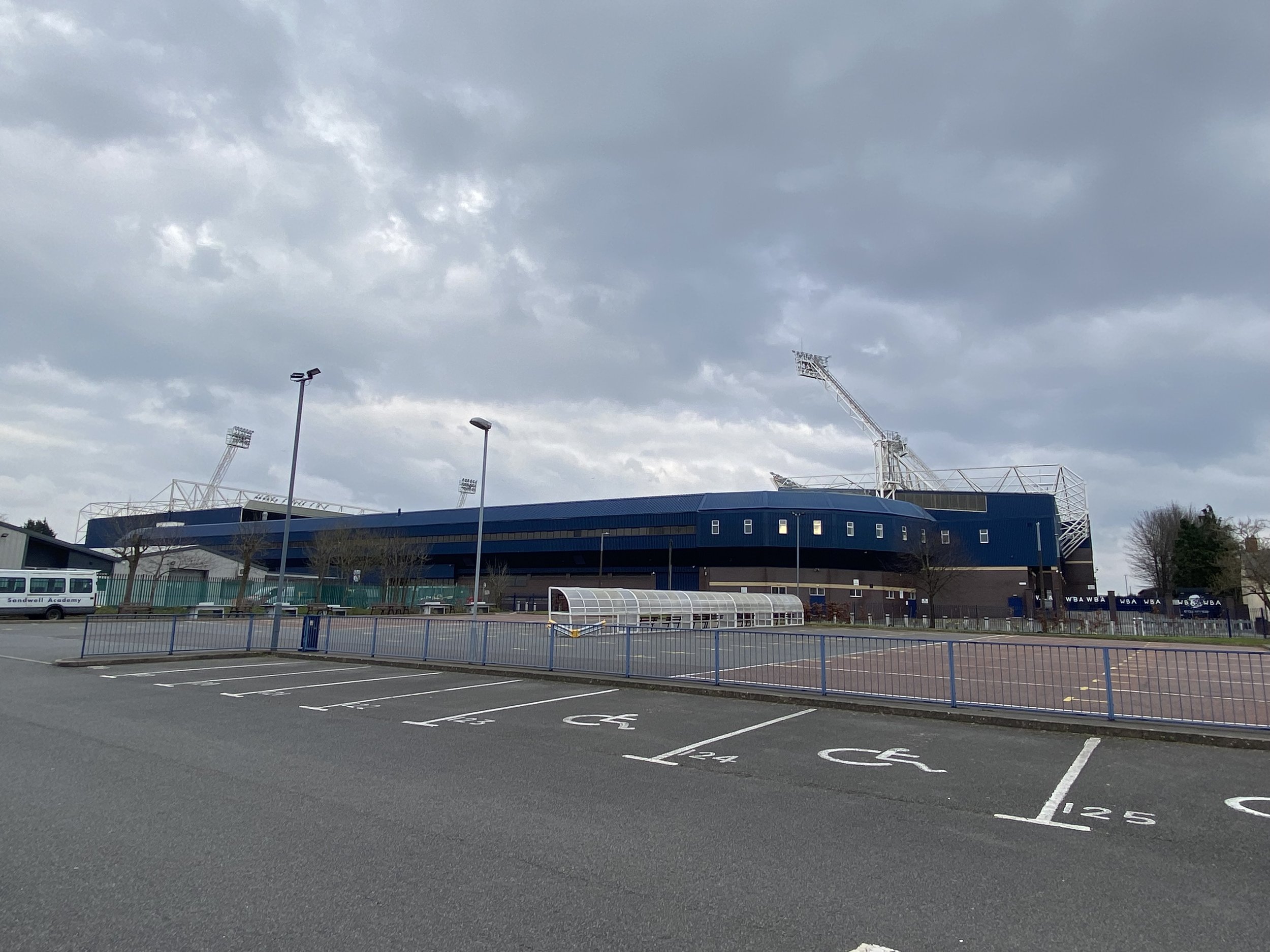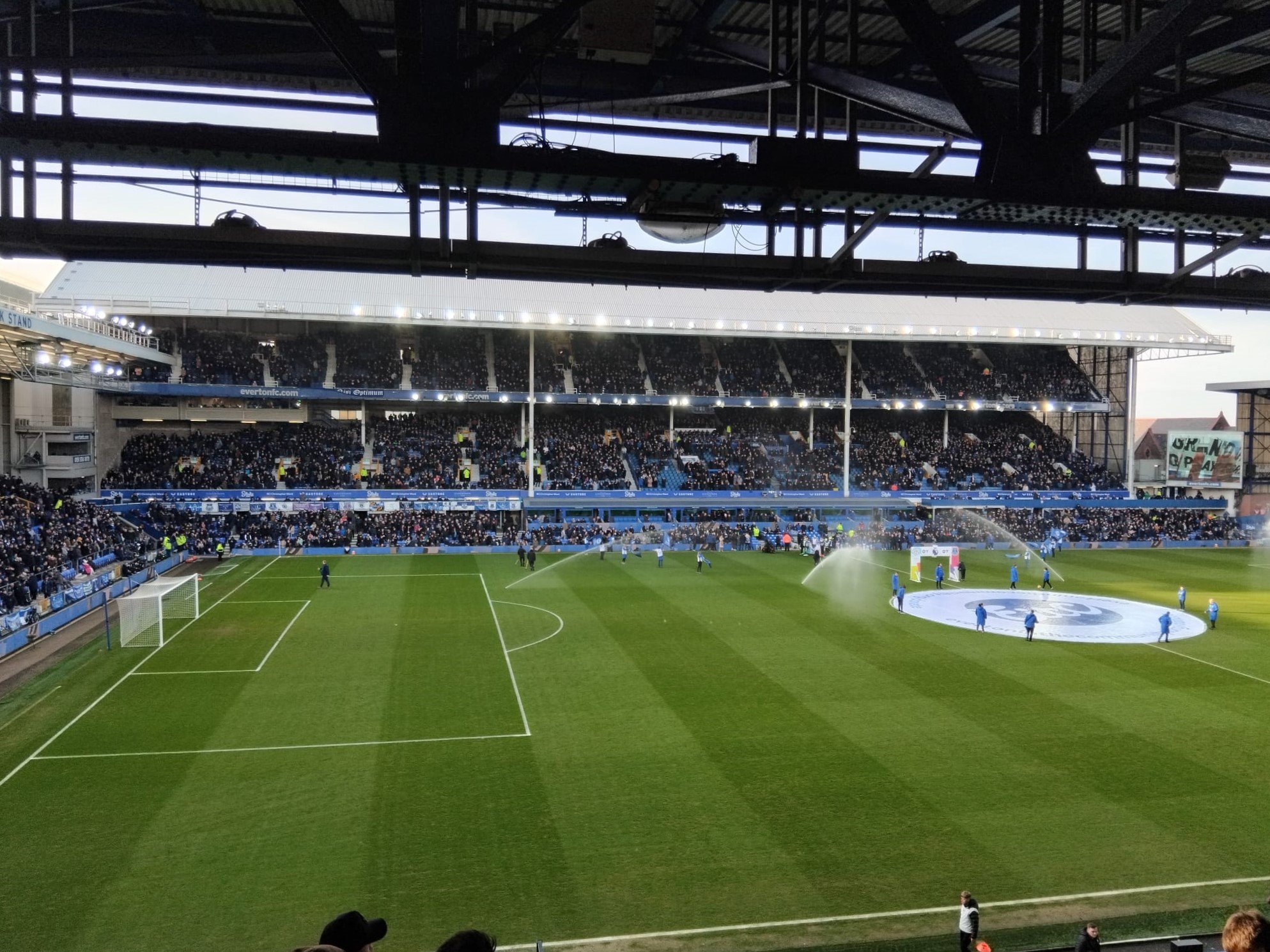A baffling picture of chaos: Are Leicester City a failed team or a failed business?
As we continue to process Leicester’s relegation, Chris Lymn sees the origins of disaster in a club that had started to believe its own hype and lost track of its roots.
Train wreck, car crash, dogs dinner. Choose your cliché, because that is what Leicester City fans have witnessed this season.
A season full of false dawns, betrayed expectations and mystifyingly below par performances.
Those who know say our men in blue should not be where they are. They’re better than that. Players we had admired were lost to injury and returned as shadows of their former selves.
Two icons, one of the present and a possible one of the future, slipped out of the side door minutes from the end of the summer transfer window. A window in which we were otherwise barely involved.
Matches began to feature strange selection decisions that seemed to reflect off-field uncertainties. Established internationals disappeared from view, stuck in some north Leicestershire gulag.
Captains changed more often than government ministers. The manager resorted to spin to explain the uncertainties he was employed to resolve.
All in all, a baffling picture of chaos, not normally associated with the club. We had become used to a business based on efficiency and a clear model designed to challenge those teams who benefit from enormous wealth.
Other modest but ambitious clubs held us as the example of how to be taken seriously, despite our presumed limits. Where is that reputation now?
No longer the plucky upstarts
The short answer is that areas of the club have been going through the motions. An attitude which has spread through the club like some invisible gas. The players did not really rate the manager who did not really rate the board.
Everybody swans though the five-star, plush Seagrave complex and takes it for granted. We have arrived, we are worth it; if results on the pitch are not going to plan, it will pass. Don’t these Brentford, Fulham and Brighton upstarts get it? We are Premier League, we are a five-star outfit.
But, we forgot, we are the upstarts. We prospered when we played that role and foundered when we thought we had become part of the real elite. But the prince had no clothes. When we realised that this game is about people and not building grandiose palaces boasting of our arrival, it was too late.
And we got the finances wrong, which was not unique to us. Arsenal and Spurs almost over-reached themselves with massive stadium ventures and Chelsea are an economic shambles. But in none of these examples has it become an existential crisis. Those clubs can stumble and recover their feet.
That’s what real wealth does. They have the depth of resources to recover and trade their way out of difficulties. Lucky as we regard ourselves to be beneficiaries of the King Power wealth, in truth we were always on the edge of our financial seats compared to those we strive to emulate.
Those of comparative size and ambition had begun to crowd our mid table sphere. Setting our sights on European football led us to take our eye of the ball. Our real competitors were not the big six or seven, it was the Brightons and Bournemouths of the game. Yes, they were newcomers to top half aspirations, but so were we a little while ago. Back then we knew we had to be extra sharp both on and off the pitch. We took nothing for granted.
If these new opponents have studied our progress they will have noted our fall from grace and learned the lessons of that fall. Most importantly, the risk of an over-generous wage bill.
Professional sports, like some other organisations (the NHS, education, law) have to be top heavy on staff. That comes with a big responsibility to keep staff costs under control.
Leicester City’s staff costs, we are informed, were the highest outside of the big six and had got out of line with FFP limits. A good investment, if we kept achieving European status, but ruinous if not successful. Especially if Seagrave failed to produce its intended benefits.
Trouble at the top
Whilst the lesson here seems to be that it does not pay to sail too close to the wind financially, it must also be fair to acknowledge that the club faced a perfect storm of adverse circumstances, mostly due to an unusually large number of players unavailable due to injury or illness and its resulting disruptive effect on the matchday team.
But have we reached a size where some of those in charge have been found wanting? No ship expects to sail through its life without meeting storms. Its crew should be prepared to adopt different roles, appropriate to the conditions. They are tested more heavily but expected to cope.
Sadly, the man in control of our playing resources was found wanting. Brendan Rodgers’ dismay about the club’s transfer embargo was genuine and well-founded but should have been kept in house. His observation near the end that he alone was communicating for the club was an extra responsibility he misused, deciding to emphasise his disappointment instead of providing a unifying clarion call. Leaders rise to occasions rather than complain about difficulties. He failed to motivate his players because he lacked self-motivation when things became challenging. Hindsight suggests he knew the game was up before a ball had been kicked and he jumped ship before going down with it.
Now the club will lose two thirds of its income. Buses will be needed to ferry the people leaving their roles at Seagrave, a reality of management failing to read the room in time. And with them, sponsors and corporate backers will likely fall by the wayside as well.
From the point of view of a long standing fan who has seen us spend years getting to the Premier League and failing to stay there many times, relegation has always been a spectre because of we couldn’t compete with the resources at the top. This time we have no excuse. This time it was not money but those in charge who proved inadequate. This time we had a great chance to stay and prove we were not temporary members of Europe’s top league, but we blew it.
To end with another cliché, at the end of the day it was/is a failed business. All those experts were tasked to do was produce a team of players to win football games most of the time.
They not only failed to do that but at the very last they employed a caretaker group to absorb the blame and then had the nerve to implore their hapless players to apply some lipstick to the pig and save them; hardly surprisingly they did not show much appetite to do that.




